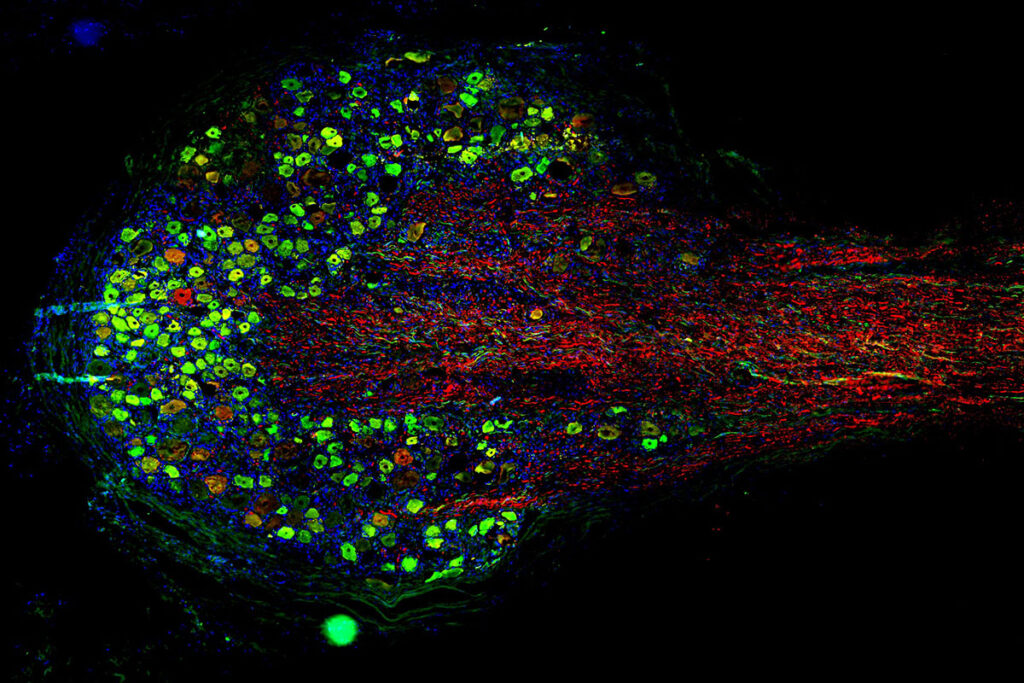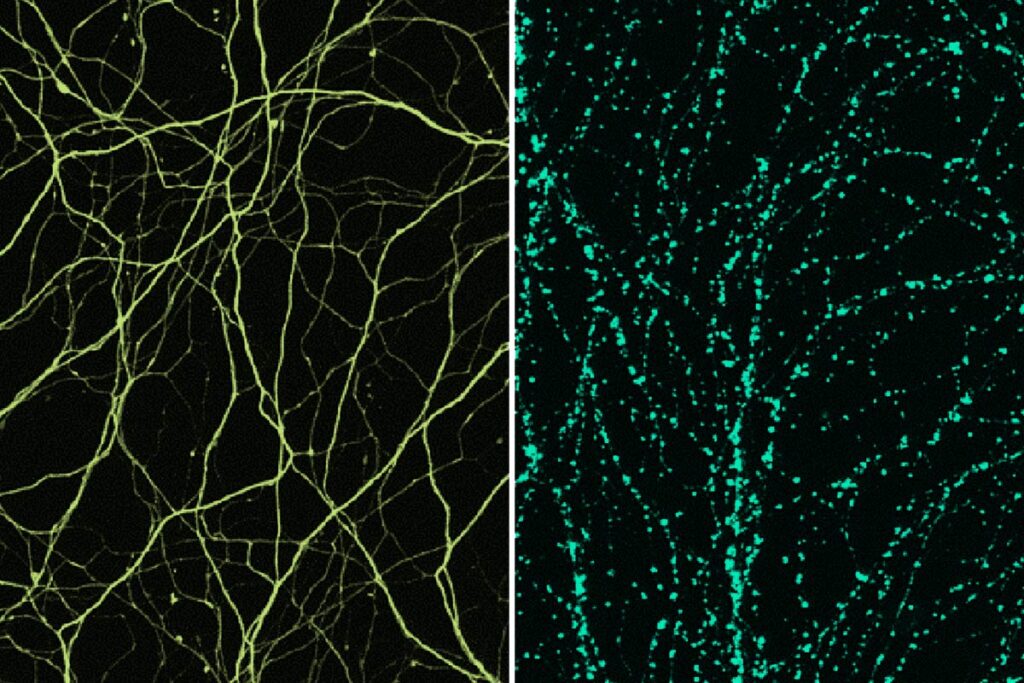
Jeffrey Milbrandt, MD, PhD
James S. McDonnell Professor, Department of Genetics | Executive Director, McDonnell Genome Institute (MGI)
- Email: jmilbrandt@nospam.wustl.edu
Milbrandt Lab | Google Scholar Profile
Bio
Jeffrey Milbrandt is the James S. McDonnell Professor, Executive Director of the McDonnell Genome Institute, Co-Director of the Needleman Center for Neurometabolism and Axonal Therapeutics, Professor of Pathology & Immunology, Medicine and Neurology, and a member of the Hope Center for Neurological Disorders.
Dr. Milbrandt graduated from Washington University Medical School (MD, 1978) and the University of Virginia (PhD, 1983). He completed his residency in Pathology at UVA and joined the Departments of Pathology and Medicine at WUSM in 1983. He became the David Clayson Professor of Neurology in 2005, the Head of the Department of Genetics in 2009 and the Executive Director of the McDonnell Genome Institute in 2018. Under his leadership, the Department is focusing on disease-based genetic research and helping WUSM become an international leader in Precision Medicine and Genome Engineering.
His research laboratory uses genomic and metabolic approaches to understand the process by which unhealthy or injured axons degenerate, an early pathologic event that underlies most neurodegenerative diseases and peripheral neuropathies. His lab has made major discoveries including identification and characterization of the GDNF neurotrophic factor family, and identifying the molecular link between metabolism, NAD and axon health. Most recently, in a joint effort with the DiAntonio lab, his lab found that SARM1, a crucial component of the axon degeneration pathway, is an enzyme that breaks down NAD and is a promising drug target for treatment for degenerative disorders. Together, they are founding co-Directors of the Needleman Center for Neurometabolism and Axonal Therapeutics, which seeks to understand the influence of metabolism on neurodegenerative disease in order to identify new treatments for these disorders. They are the scientific co-founders of Disarm Therapeutics, a company whose goal is to identify SARM1 inhibitors for treatment of neurodegenerative conditions. Milbrandt received the Washington University Alumni Faculty Award in 1998, the School of Medicine’s 2nd Century Award in 2018, and the Washington University Distinguished Faculty Award in 2019. He has co-authored over 250 publications and holds more than 25 patents on neurotrophic factors and axonal protective agents and their use in treating neurological disorders.
“Many of Jeff’s discoveries have the potential to be important for understanding and treating ALS, and they may also be helpful for other neurodegenerative disorders like Parkinson’s disease, Alzheimer’s disease and multiple sclerosis,” says David Holtzman, MD, the Andrew B. and Gretchen P. Jones Professor and head of the Department of Neurology.
Research Interests
Our laboratory studies the biological function of the GFL family of neurotrophic factors (GDNF, neurturin, persephin and artemin) that constitute the ligands for the Ret tyrosine kinase receptor, which is mutated in multiple endocrine neoplasia syndromes as well as thyroid cancers. We are characterizing mouse models lacking components of this ligand-receptor family, and we are investigating the downstream signaling events mediated by Ret activation. We are also studying the role of several genes, including Egr1, Nab2, a homeodomain protein Nkx3.1 and the tumor suppressor PTEN, in the development and progression of prostate cancer. We are characterizing mouse models of prostate cancer that we have developed and are using microarray screens and other functional genomics techniques to identify additional gene products that play a role in this disease.
Education
•1978: MD, Washington University, St. Louis
•1983: PhD, biochemistry, University of Virginia, Charlottesville Training:
•1978-1980: Resident, pathology, University of Virginia, Charlottsville


